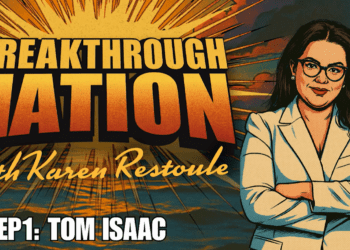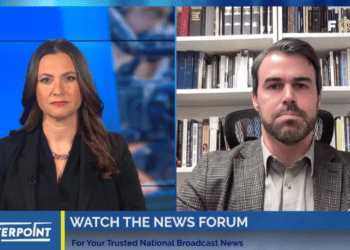Writing in the Ottawa Citizen, MLI author Solveig Singleton argues that the “Right to be Forgotten” is a misguided ruling that empowers the public sector to restrain information created in the private sector.
The Right to be Forgotten refers to a decision the European Court of Justice released earlier this year. The court ruled that Google had to eliminate certain links in searches – such as those that corresponded to the complainant’s debt – if they no longer applied to someone’s present-day situation.
Singleton, the author of the recently-released MLI paper “Finding the Balance on Digital Privacy”, says that this is a misguided interpretation of the role human rights should perform.
“The Right to be Forgotten seems designed not to add to accountability, but to reduce it”, she argues.
MLI has written extensively about the consequences of the Right to be Forgotten. In May, MLI Managing Director Brian Lee Crowley published an op-ed in the Citizen arguing that the court’s decision leaves the historical record open to vandalism.
By Solveig Singleton, July 28, 2014
The European Court of Justice recently ruled that Google must remove links to a news report of the forced sale of a lawyer’s property to repay a debt, recognizing a Right to be Forgotten. Should Canadians have such a right?
After all, in 1988, the Canadian Supreme Court described privacy as central to the protection of human rights in a democracy. And in June of 2014, the Court ruled that the police should get a warrant to request information matching a user’s online identity with his real-world name and address from an Internet service provider.
The key distinction is that the Supreme Court’s 1988 declaration was made in a case in which the police had obtained access to a suspect’s blood sample without his consent or a warrant. Likewise, the June ruling involved a criminal prosecution. The idea that privacy rights protect us from potential police abuses is a familiar idea.
Note that such classical privacy rights do not conflict with freedom of expression. The warrant requirements restrain the public sector, not the private sector. Both freedom of expression and traditional privacy rights such as the warrant requirement buttress limits on public-sector power and support the accountability of public institutions. Both are consistent with other established rights such as property and contract rights. Indeed, these other rights are useful in defining the boundaries of each. My freedom of expression might entitle me to scrawl political slogans on the walls of my house, but not my neighbour’s house. Letters secreted in a drawer in one’s bedroom are certainly private, but their contents would no longer be treated as private, if one voluntarily published them in a newspaper.
The Right to be Forgotten is a different matter. It does not restrain the public sector. Indeed, it empowers the public sector to regulate information created by and circulating within the private sector. The European Court of Justice’s May decision sides with the lawyer, who insisted that the news reports of his debt were no longer relevant. Might the reason that he was anxious to have the news report disappear be that potential clients would not all agree that the item was irrelevant? The link removed was not a connection to an embarrassing account of a drunken prank, but to an account of a legal proceeding. Have we become so trusting of public sector officials around the world that we are prepared to countenance secret trials, in the name of privacy and human rights?
The problems with the Right to be Forgotten go far beyond conflicts with free expression. The Right to be Forgotten seems designed not to add to accountability, but to reduce it. The vision of autonomy it represents is not the mature autonomy of an individual prepared to face the natural consequences of his decisions. It represents the egoistic autonomy of a narcissist, who wishes to be shielded from those consequences.
The central issue to be addressed by systems of human rights is not to solve every problem in the world for everyone, but to address the historically intractable problem of the accountability of public institutions. Losing sight of this central task will weaken, not strengthen, any system of human rights. Accepting the idea that human rights conflict with other human rights (not to mention rights of property and contract) would quickly rob any rights system of its logic and coherence.
Solveig Singleton is vice-president and senior analyst at the Convergence Law Institute in Arlington, VA. She is the author of the recent Macdonald-Laurier Institute publication “Finding the balance on digital privacy.”




